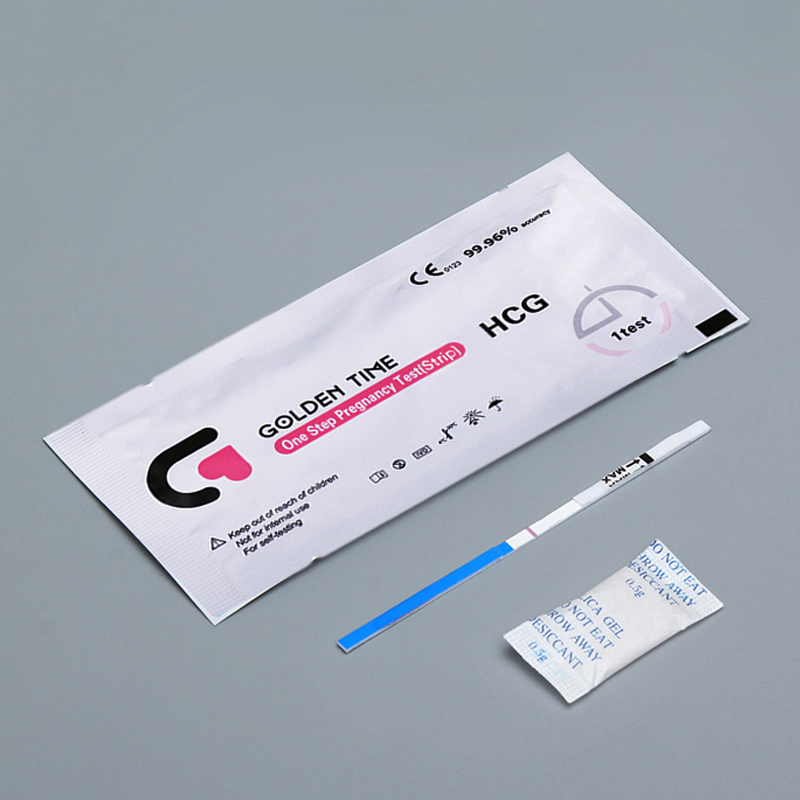Aug . 16, 2024 19:57 Back to list
Reliable HCV Rapid Test Kits From Trusted Manufacturers Available for Purchase Online
The Importance of HCV Rapid Tests and Selecting the Right Manufacturer
Hepatitis C virus (HCV) infection remains a significant public health concern worldwide. With millions of people infected globally, early detection and timely treatment are crucial in managing the disease and preventing its transmission. One of the most effective tools for this purpose is the HCV rapid test. This article will explore the importance of these tests and the considerations for choosing the right manufacturer for their production.
Understanding HCV Rapid Tests
HCV rapid tests are diagnostic tools that allow for the quick detection of antibodies to the hepatitis C virus. These tests can provide results within minutes, making them vital for settings where time is of the essence, such as clinics, outreach programs, and emergency rooms. The rapid nature of these tests not only facilitates immediate diagnosis but also encourages individuals to seek further medical evaluation and treatment.
The Value of HCV Rapid Testing
1. Early Detection Early diagnosis can significantly reduce the risk of severe complications associated with chronic hepatitis C, including liver damage, cirrhosis, and liver cancer. Rapid tests enable healthcare providers to identify patients in need of urgent care promptly.
2. Accessibility Many regions still lack access to traditional laboratory testing. Rapid tests can be conducted in various settings, including community health centers and mobile clinics, making them accessible to underserved populations.
Choosing the Right Manufacturer
buy hcv rapid test manufacturer

When considering the purchase of HCV rapid tests, selecting the right manufacturer is essential for ensuring quality, reliability, and compliance with health regulations. Here are several important factors to consider when making this decision
1. Regulatory Compliance It is crucial to choose a manufacturer that adheres to the appropriate regulations and guidelines set by health authorities, such as the FDA in the United States or CE marking in Europe. Products that meet these standards are more likely to be reliable and effective.
2. Quality Assurance A reputable manufacturer will have robust quality control processes in place. Detailed information about their manufacturing practices, testing procedures, and certifications should be readily available.
3. Product Efficacy Examine the sensitivity and specificity of the rapid test offered by the manufacturer. High sensitivity ensures that true positive cases are detected, while high specificity reduces false positive results. A manufacturer should provide clinical data to support the performance claims of their tests.
4. Support and Training An ideal manufacturer will offer comprehensive support for healthcare providers, including training on how to administer the tests properly and interpret results accurately. This support can be crucial for the successful implementation of rapid testing programs.
5. Cost-effectiveness While quality shouldn’t be compromised for cost, finding a manufacturer that offers competitive pricing without sacrificing quality can be beneficial for healthcare facilities working within budget constraints.
6. Distribution and Supply Chain The capability of the manufacturer to deliver products reliably and on time is essential, especially during public health crises when demand may surge unexpectedly.
Conclusion
In summary, HCV rapid tests are an invaluable resource for combating hepatitis C infections, and selecting the right manufacturer is essential to ensure their efficacy and reliability. By prioritizing regulatory compliance, product quality, support, and cost-effectiveness, healthcare providers can enhance their testing capabilities and ultimately improve patient outcomes in the fight against this serious virus. Investing in reputable manufacturers will pave the way for better health strategies and reinforce global efforts to eliminate hepatitis C.
-
Pregnancy Test Calculator: Know Your Weeks, Week by Week
NewsAug.22,2025
-
Malaria Pf Ag Rapid Test Kit - Quick & Accurate Detection
NewsAug.11,2025
-
Accurate Cardiac Marker CK-MB Rapid Test for Quick Results
NewsAug.10,2025
-
Premium Empty ABS Plastic Cassette for Test Strips
NewsAug.09,2025
-
Sterile Urine Cup: Accurate Specimen Collection for Labs & Home
NewsAug.08,2025
-
Malaria Pf/Pan Ag Rapid Test Kit for Fast, Accurate Diagnosis
NewsAug.07,2025

